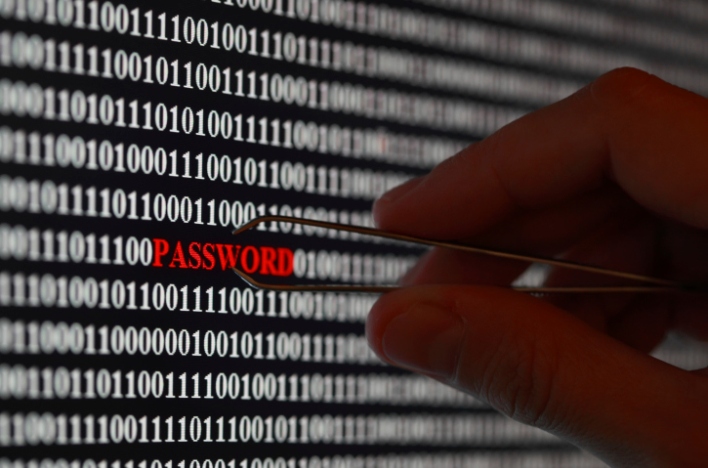Nobody needs to tell you that cybercrime is a real and growing threat for small businesses.
Figuring out the best way to respond, though, can be very intimidating for the average entrepreneur. Most of us know the importance of using anti-malware and anti-virus programs, but is that really enough to keep our data safe?
Here’s the good news: Your bank has advanced technology, data encryption and other sophisticated security measures to keep your accounts safe, and there are some very simple, effective things you can do to add another layer of protection.
Manage Your Passwords
Creating a strong password is your first line of defense. A complicated password that contains special characters, capitalization and numbers is more difficult to break. For example, instead of simply using “summer” as your password, consider “$ummer683!” or something similar.
Cybersecurity experts advise clients to create even longer passwords. One strategy is to use a nonsensical sentence, which can be easier to remember: “DaveDetonatedHis3rdCouchInCarolina!”
And remember, it’s not enough to have only one solid password. You should change your passwords often, and never use the same one for all your accounts.
Use Multifactor Authentication When Possible
Unfortunately, even having a strong password does not completely protect you. Multifactor authentication, which is offered by many banks, is another best practice that further enhances your online security.
Multifactor authentication typically requires both something you know (a password) along with something you have (a phone). After you successfully enter your password, you would receive a second code sent to your phone.
Not every site supports multifactor authentication yet, but for the ones that do—and that list includes Gmail, Facebook and Dropbox among others—you should enable that security feature immediately.
Dedicate One Computer to Online Banking
This is a machine that would be used strictly for online transactions—no Internet browsing, no social media, no email, nothing. That way, you avoid the activities that are most likely to expose your machine to viruses and malware. The American Bankers Association, the SBA, Intuit and more all recommend using a dedicated machine. It doesn’t even have to be a particularly new
or expensive computer.
Control Employee Access
While it’s important to trust employees, it’s also a good idea to avoid giving anyone access to programs, accounts or systems unless they absolutely need them for their jobs. For some online banking transactions, you should look into using dual controls, which require more than one employee’s approval.
Make sure your employees’ machines are configured so they don’t have the ability to install software without permission.
Following this advice is a good start to protect your online accounts. And of course, if you notice any unauthorized activity on your accounts, report it immediately to your bank or the appropriate organization.

